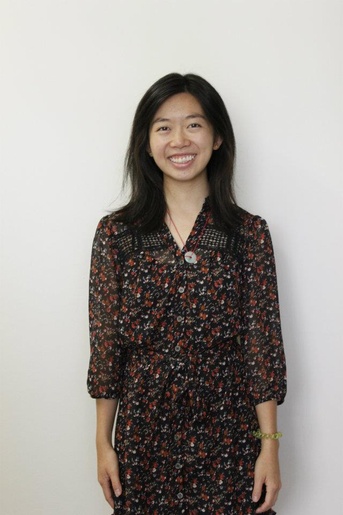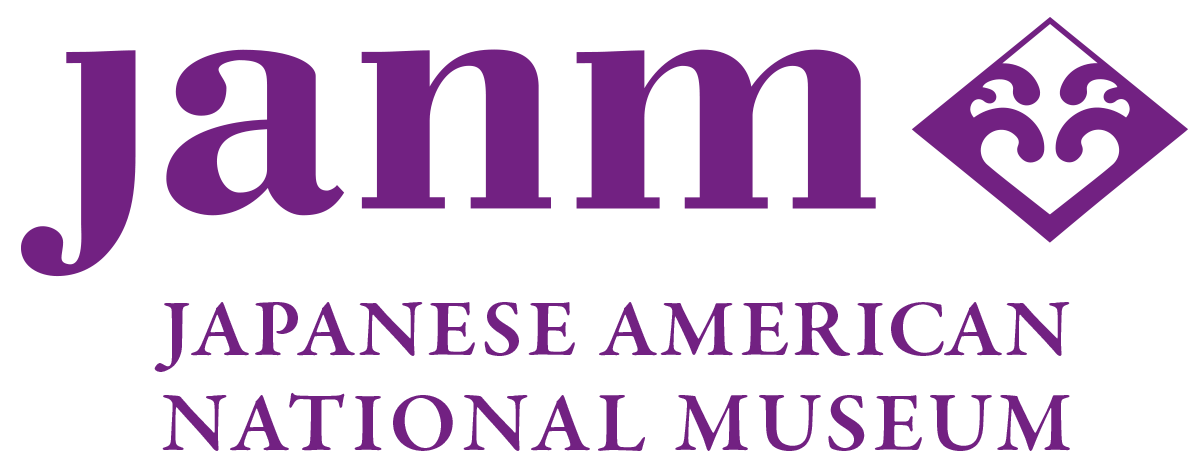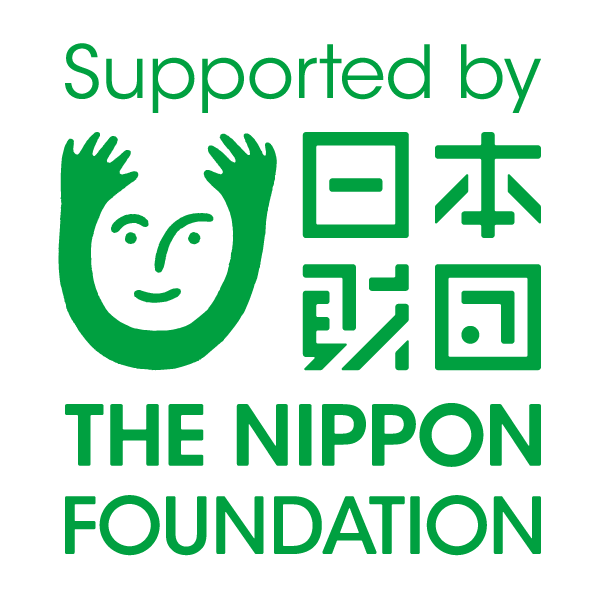

Growing Community Since 2002: The Nikkei Community Internship Program - Class 11 - Summer 2012
 llan
llan
|

|
||
| Licensing | ||
Lucy Truong - Kizuna - Southern California
Who are you?
I’m Lucy Truong, a a second-generation Chinese American daughter of a refugee—my dad is from Vietnam. I’m a San Gabriel Valley native, and I call Hacienda Heights my hometown. I’m a recent graduate of UC San Diego, where I majored in communication and minored in art history and Chinese studies.
Cool. Where are you interning this summer?
Kizuna.
What do you do there?
I work primarily with Kizuna’s Youth CAN program, which works with high school students and helps them learn about community and identity over the course of a ten-week summer program. So Youth CAN has three tracks—Track 1, which is the program for new students who are just learning about community and identity; Track 2, which is a program for returning students; and Track 3, a program for students who have “graduated” from Track 2. Specifically, I organize the logistics for Track 1 students.
How do you like working with these high school students?
I think it’s been tough. I’ve worked with kids of all ages in various capacities before, but I never stayed with a single group of students for the span of ten weeks and I never had to learn their names. Haha. So that’s been tough. I like working with this particular group of high school students, because I just remember that the first thing I noticed about them was that they are all super nice and polite. So that’s helped in terms of getting to know them and building that rapport with them over the past few weeks.
Who is your supervisor?
Craig Ishii, executive director of Kizuna.
What do you do at Kizuna? Take me through your typical workday.
Okay. A typical workday. Hm...so I usually get in around 10:00am. Sometimes I get in a little earlier because I don’t know how to estimate traffic on the way to Little Tokyo. When I get in, I pull up my calendar and take care of some logistics.
Oftentimes Craig will come in at 10:00am also, unless he has a meeting or something, and we just do our own work in the office. I’ll work on sending out e-mails to students and parents with general updates about the Youth CAN program.
Sounds exciting.
Haha. Let’s just say I look forward to intern lunches on Mondays.
Uh...take me through an exciting day at Kizuna.
That’s pretty much as exciting as a normal work day gets! Unless you bring other people into the office. Then office dynamics really change. Youth CAN days are also much more exciting.
How do you enjoy working at Kizuna?
It’s definitely had its ups and its downs. I’ll start with some the challenges, I guess. One of the problems that I’ve had to confront here is figuring out what the next step or next task that I’m supposed to be doing is. I’m not receiving too much direction in terms of what to do on a day-by-day basis, so I’ve adjusted--now I realize that I have to give myself that direction when I’m in the office.
Additionally, I’m used to working on my own and working on individual projects that don’t really involve other people, so it’s been challenging to make sure that everyone else—all the workshop facilitators that we bring in to talk to the high school students, Craig, and anyone else that Youth CAN works with—is on the same page as me, and vice versa. So my internship at Kizuna has been a learning experience for me, especially with respect to how I communicate with others. For example, the “culmination” ceremony at the end of the program has been the first huge event that I’ve had to plan and organize. Luckily I have volunteers and super supportive parents pitching in food and offering their help. There are so many people coming to this event and I have to make sure I don’t mess up.
This is getting depressing.
That’s because I’m a depressing person!
Seriously, though, it’s been cool. To end on a positive note, it’s great working with Craig because he’s been pretty flexible as a supervisor. When I first began working here, he let me determine the level of involvement and the amount of work I wanted to accomplish during my internship.
What are some of the upsides to working with Kizuna in general, and Youth CAN specifically?
Overall, it’s been a positive experience working with the Track 1 students. I actually feel like I’m participating in these workshops with the students, and it’s cool to see these high school students learn about race and community and identity, because I never got to do that when I was in high school.
Also, as a second-generation Asian American, my sense of identity was something I took a bit for granted. Working with Japanese American high school students has really allowed me to see what JA youth struggle with today.
What’s even more amazing is that here are these kids whose parents actually support their learning about their community and learning about race and identity. Growing up, I never got the exposure to community that these students are getting. I didn’t get any of this until college. So working with Kizuna, and Youth CAN in particular, has showed me that this is what could happen if you really engage the youth and teach them the importance of community. It’s heartwarming.
That was super positive. Let’s keep the energy going. What’s been your favorite aspect of the NCI program?
Unquestionably, my favorite part of the program has been just hanging out with the other interns. I really didn’t expect for us to get along so well. Oddly enough, we get along super well—from the stupid mass texts to intern lunch days. I think we’re a lot more comfortable around each other now than we were at the start of the program, and I really appreciate the connectedness of us all.
Would you say NCI has been a good learning experience?
Yeah! I didn’t expect to learn so much about myself and about Little Tokyo and things in general. The workshops with Debbie Ching on personal communication styles really helped provide a framework to analyze my own communication style (I’m analytical) but also those of others. It’s kind of funny how the interns refer to that framework now all the time.
Overall, the workshops have provided a lot of insight into myself and taught me a lot about Little Tokyo in general and the nonprofit world. I even learned more about for-profit businesses—like the J. Morey Company—and how they could be very involved in the community.
Any advice for future NCI interns?
Yeah, I have so much to say. First and foremost, everything you do in this program is important, from the tiniest details to the bigger picture things. There will probably be times when you feel disappointed in yourself, but just remember, even when your spirits are down, it’s a good learning experience and you’ll come out on top. Definitely take your job seriously, because you could end up working in Little Tokyo—like Jessica Kanai did! So you should take the opportunity seriously. And have fun! Hang out with the other interns!
Based on this original

|
Lucy Truong - Kizuna - Southern California |
 Growing Community Since 2002: The Nikkei Community Internship Program - Class 11 - Summer 2012
Growing Community Since 2002: The Nikkei Community Internship Program - Class 11 - Summer 2012
 Journal feed
Journal feed
